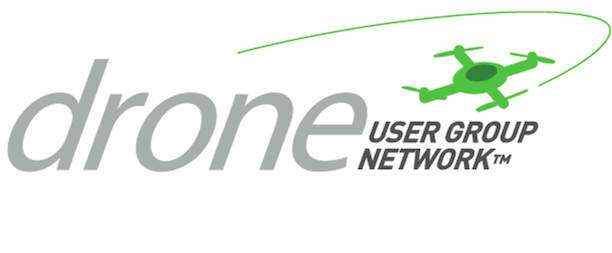It’s that point of yr once more – when Congress begins to contemplate FAA Reauthorization (the final extension made expires this fall.) Last week’s announcement that Rep. Bill Shuster had re-introduced the AIRR Act as “The 21st Century AIRR Act” was no shock, coming after President Trump’s vocal help for privatization of air site visitors management (ATC).
Senator John Thune has additionally revealed the Senate model of the FAA Reauthorization invoice – which doesn’t name for the privatization of ATC, emphasizing as an alternative questions of safety. As for drones, the Senate invoice would criminalize reckless operation and alter the regulation to authorize the drone registration program (deemed illegal by a current Federal appeals court docket choice.)
Specifics with regards to drone integration are scanty in each payments – and within the hopes that they won’t be forgotten within the inevitable squabble over air site visitors management, drone advocacy teams are offering opinions on what modifications are wanted to help the business.
The Drone User Group Network (“DUGN”), a community-based group (“CBO”) that represents shut to 25,000 drone customers, has provided a proposal that “will help spur innovation, preserve the privacy of the public, preserve the privacy of drone users, and enhance the efficiency of the aviation system,” says the group.
“The DUGN understands the challenges faced by lawmakers, law enforcement, and the public at what they feel are reckless or intrusive activities by drone owners,” mentioned Steven Cohen, President of the DUGN. “We welcome reasonable regulations that balance the interests of all parties. We believe that our proposed changes achieve those goals while ensuring both accountability and drone user privacy.”
With regards to drone privateness points referred within the Senate invoice, the DUGN suggests that companies be allowed to draft applicable insurance policies, with these companies who accumulate personally identifiable info held to the next normal. This change would keep away from a blanket requirement impacting hundreds of companies engaged on business operations that don’t contain gathering knowledge about folks in any respect.
“To be effective, legislation needs to not only be reasonable but encourage compliance,” mentioned Kenji Sugahara, Policy Director for the DUGN. “One of the changes we suggested includes changing section 2104 of the Senate bill to ensure that civil drone user information was not publicly accessible. We felt that making the information public would serve as a disincentive for commercial drone users to register and comply with regulations. However, we do believe that civil and recreational drone user information should be available in limited situations and have suggested some changes that mirror the Driver’s Privacy Protection Act, (18 USC 2721). The changes would balance the privacy interests of drone users and the need for the disclosure of personal information in certain circumstances,” mentioned Kenji.
Citing the “confusion over notification requirements to airports,” which is a big burden for business and leisure operators, the DUGN requested modifications that will assist leisure customers to adjust to notification necessities and to convey the regulation into alignment with present practices. The group additionally requested for modifications with regard to deserted and barely used heliports and airports the place contact info is troublesome to discover.
 Unmanned Aerial Vehicle The latest drone news
Unmanned Aerial Vehicle The latest drone news




